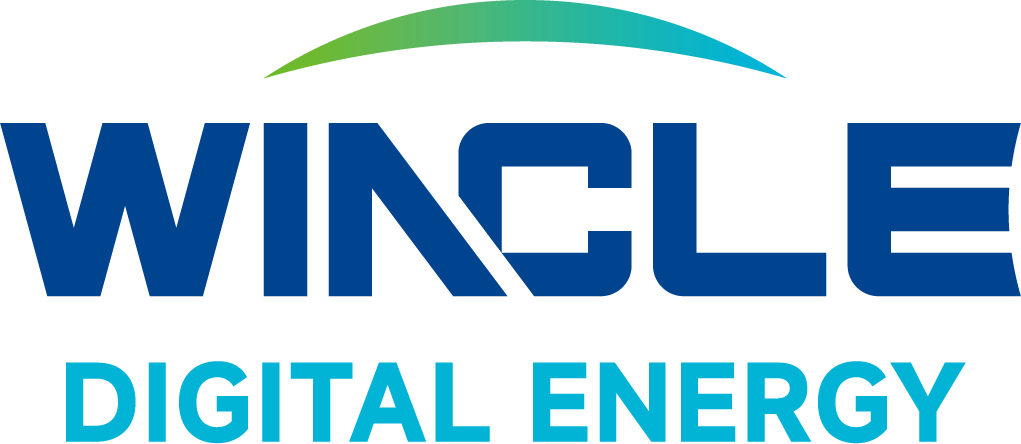The Global Impact of PV Solar Panels and Battery Storage on Energy Consumption
Release time:
2025-03-09
Source:
The Global Impact of PV Solar Panels and Battery Storage on Energy Consumption
Table of Contents
1. Introduction to PV Solar Panels and Battery Storage
2. The Rise of Renewable Energy Sources
3. Understanding Photovoltaic Technology
3.1 How PV Solar Panels Work
3.2 Types of PV Solar Panels
4. The Role of Battery Storage in Energy Consumption
4.1 Advantages of Battery Storage Systems
4.2 Common Types of Batteries Used for Energy Storage
5. Economic Benefits of PV Solar Panels and Battery Storage
6. Environmental Impact and Sustainability
7. Future Trends in Solar Energy and Battery Technology
8. Conclusion
9. Frequently Asked Questions (FAQs)
1. Introduction to PV Solar Panels and Battery Storage
The world is undergoing a significant transformation in energy consumption patterns, driven primarily by the integration of **photovoltaic (PV) solar panels** and **battery storage systems**. As global energy demands surge, these technologies are emerging as sustainable solutions that not only reduce reliance on fossil fuels but also enhance energy security and efficiency.
2. The Rise of Renewable Energy Sources
In recent years, there has been an unprecedented rise in the adoption of renewable energy sources. Governments and corporations worldwide are increasingly recognizing the need to transition to cleaner energy solutions. This shift is not merely a trend; it represents a crucial response to climate change, energy security, and economic efficiency.
3. Understanding Photovoltaic Technology
Photovoltaic technology refers to the conversion of light into electricity using semiconducting materials that exhibit the photovoltaic effect. This technology underpins solar panels, which are now commonplace in both residential and commercial settings.
3.1 How PV Solar Panels Work
PV solar panels consist of numerous solar cells made from silicon. When sunlight strikes these cells, it excites electrons, generating direct current (DC) electricity. This DC electricity must then be converted into alternating current (AC) electricity for general use, which is accomplished through an inverter.
3.2 Types of PV Solar Panels
The market for PV solar panels has diversified into various types, including:
- **Monocrystalline Panels**: Known for their high efficiency and sleek appearance, these panels are made from a single crystal structure.
- **Polycrystalline Panels**: Slightly less efficient but more affordable, these panels are made from multiple silicon crystals.
- **Thin-Film Panels**: Lightweight and flexible, these panels can be integrated into various surfaces but typically offer lower efficiency.
4. The Role of Battery Storage in Energy Consumption
Battery storage systems play an integral role in maximizing the benefits of solar energy. They enable the storing of excess energy generated during peak sunlight hours for later use, thus ensuring a constant energy supply.
4.1 Advantages of Battery Storage Systems
The advantages of integrating battery storage with PV solar panels include:
- **Energy Independence**: Users can draw from their stored energy reserves, reducing reliance on the grid.
- **Peak Shaving**: Battery systems can discharge energy during peak hours, lowering energy costs.
- **Grid Stability**: They help stabilize the grid by providing power during outages or fluctuations in supply.
4.2 Common Types of Batteries Used for Energy Storage
Various battery technologies are employed for energy storage, including:
- **Lithium-ion Batteries**: Widely used due to their high energy density and longevity.
- **Lead-Acid Batteries**: A traditional choice for energy storage, often used in off-grid systems.
- **Flow Batteries**: An emerging technology ideal for large-scale storage, offering long discharge times.
5. Economic Benefits of PV Solar Panels and Battery Storage
The economic advantages of adopting PV solar panels and battery storage are significant. Homeowners can expect reduced energy bills, while businesses can capitalize on savings and potential tax credits. Furthermore, as technology advances, the initial investment costs for solar installations are steadily decreasing.
6. Environmental Impact and Sustainability
Utilizing PV solar panels and battery storage systems significantly lowers carbon emissions and the overall environmental footprint. Unlike fossil fuels, solar energy is abundant and renewable, contributing to a sustainable energy future. The integration of these technologies reduces the demand for non-renewable resources and encourages responsible energy consumption.
7. Future Trends in Solar Energy and Battery Technology
The future of PV solar panels and battery storage is promising, with ongoing research and development focused on increasing efficiency, reducing costs, and enhancing longevity. Innovations such as **bifacial panels**, which capture sunlight from both sides, and advancements in **solid-state batteries** are on the horizon, poised to further revolutionize the energy landscape.
8. Conclusion
The impact of PV solar panels and battery storage on global energy consumption is profound and multifaceted. As we transition toward sustainable energy solutions, these technologies not only address the pressing issues of climate change but also create economic opportunities. By embracing solar energy and battery storage, we are paving the way for a cleaner, more efficient, and resilient energy future.
9. Frequently Asked Questions (FAQs)
**1. What are PV solar panels?**
PV solar panels convert sunlight into electricity using semiconductor materials.
**2. How does battery storage work with solar panels?**
Battery storage systems store excess energy generated during peak sunlight hours for later use, providing a continuous power supply.
**3. What are the benefits of using solar energy?**
Solar energy reduces reliance on fossil fuels, lowers energy costs, and minimizes environmental impact.
**4. Are solar panels worth the investment?**
Yes, solar panels can significantly reduce energy bills and provide long-term savings, especially with decreasing installation costs.
**5. What types of batteries are best for solar energy storage?**
Lithium-ion batteries are popular for their efficiency and longevity, while lead-acid and flow batteries are also used in various applications.
**6. How can I maximize the efficiency of my solar panels?**
Proper maintenance, optimal placement, and using battery storage systems can enhance the efficiency of solar panels.
By exploring the global impact of PV solar panels and battery storage on energy consumption, we can appreciate the vital role these technologies play in shaping a sustainable future.
pv solar panels and battery storage
latest news












